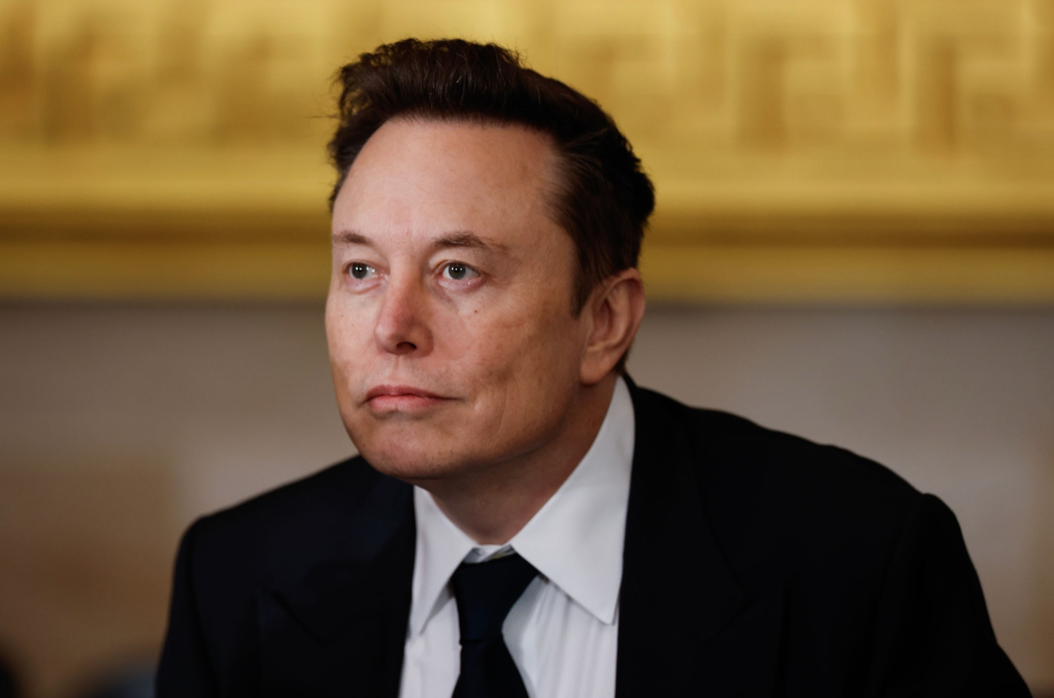Russian Foreign Ministry spokesperson Maria Zakharova
Russia officially announced on Saturday that it would not participate in the second Ukraine summit planned by Kyiv for November. This decision comes after the first peace meeting held in June in Switzerland, during which Ukrainian President Volodymyr Zelensky expressed his wish for Moscow’s participation. However, the Kremlin has firmly refused, as reported by AFP.
Kremlin Rejects “Zelensky Formula”
Russian Foreign Ministry spokesperson Maria Zakharova stated that the summit’s goals, particularly the “Zelensky Formula,” are illusory and aimed at imposing unacceptable conditions on Russia. She argued that the summit’s purpose is to gather international support to pressure Russia into submission.
“The summit will have the same goals: promoting the illusory ‘Zelensky Formula’ as the only basis for resolving the conflict, gaining the support of the majority of the world, and using that support to present Russia with an ultimatum for capitulation,” Zakharova said.
She added that Russia would not participate in such talks.
Political Context and Zelensky’s Visit to Washington
Russia’s statement comes ahead of President Zelensky’s upcoming visit to Washington next week, where he is expected to present his peace proposals to U.S. President Joe Biden, Vice President Kamala Harris, and former President Donald Trump, the Republican frontrunner for the 2024 election.
While Kyiv maintains its demand for a “just” peace, which would require Russian forces to withdraw from all occupied territories, including Crimea, Moscow insists it is only open to “serious proposals” that consider the current geopolitical realities. Russia has repeatedly emphasized that any negotiations must reflect the situation on the ground.
Russia’s Conditions for Peace Talks
In June, Russian President Vladimir Putin declared that Moscow would only enter peace negotiations if Ukraine relinquishes its sovereignty over five regions that are partially or fully controlled by Russia. This demand remains a major obstacle to peace, as Kyiv refuses to cede any territory to Russia.
Overall, Russia’s stance on peace talks remains rigid, and its refusal to participate in international summits signals its unwillingness to compromise. This development casts doubt on the likelihood of a diplomatic resolution to the conflict in the near future.

















